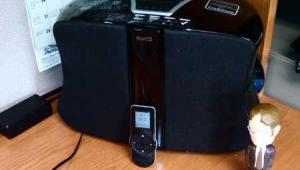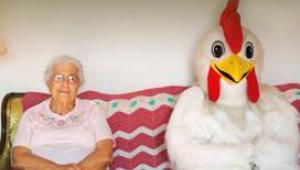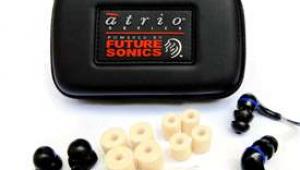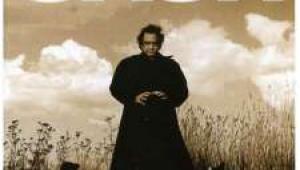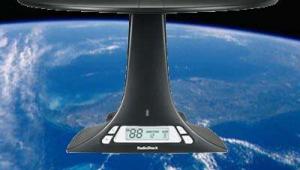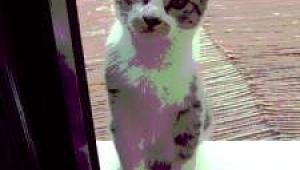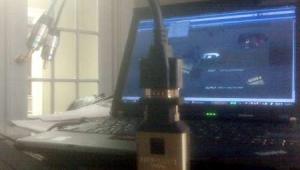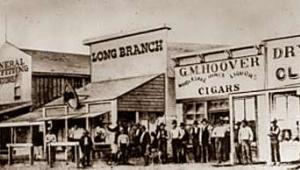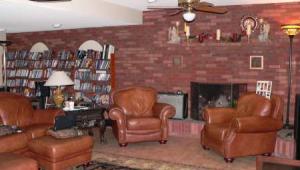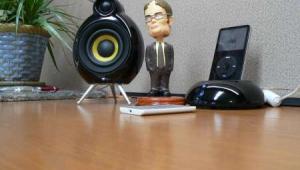Studio 401

Off to the right, through the double glass doors is a special lead encased, curtain lined room. The sound is very dead and absorptive in there and the room is frequently used to record drums, with the doors left ajar to various degrees so other ambient mics can pick up the sound for a little natural reverberation.
The double glass doors on the left lead to a room that houses a Steinway Grand. An ambient microphone is permanently affixed to the two story ceiling in there and used when that perspective is called for.
And yeah, that's a pool table you see there. This particular studio is rented for about six months out of the year by one of Japan's most popular groups, the Southern All Stars who like a bit of the billiards between takes.
In one of the smaller studios, we say how JVC uses special "eight-9's" copper (99.999999% pure copper) wiring for the microphone cables for purist recordings. In those cases, they route the wire directly to the adjoining control booth, rather than patch into the wall and take the signal on a 50 meter tour.
The studio control booths are equipped with analog mixing boards and Digitool workstations. While the cost of the digitally recording is less than a 1/10th the investment JVC has made in the studios' analog equipment, the know-how that their engineers bring is priceless. They truly have the best of both worlds.
We saw a lot of vintage equipment, including an old Fairchild tube compressor. Looking closely, I noticed a small badge indicating that in January 2005 the unit had been re-certified for use. JVC maintains their equipment and understands the significance of the equipment they possess. Nothing gives you that classic sound better than classic equipment.

